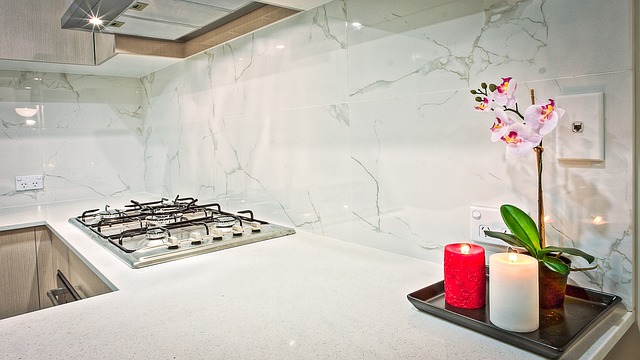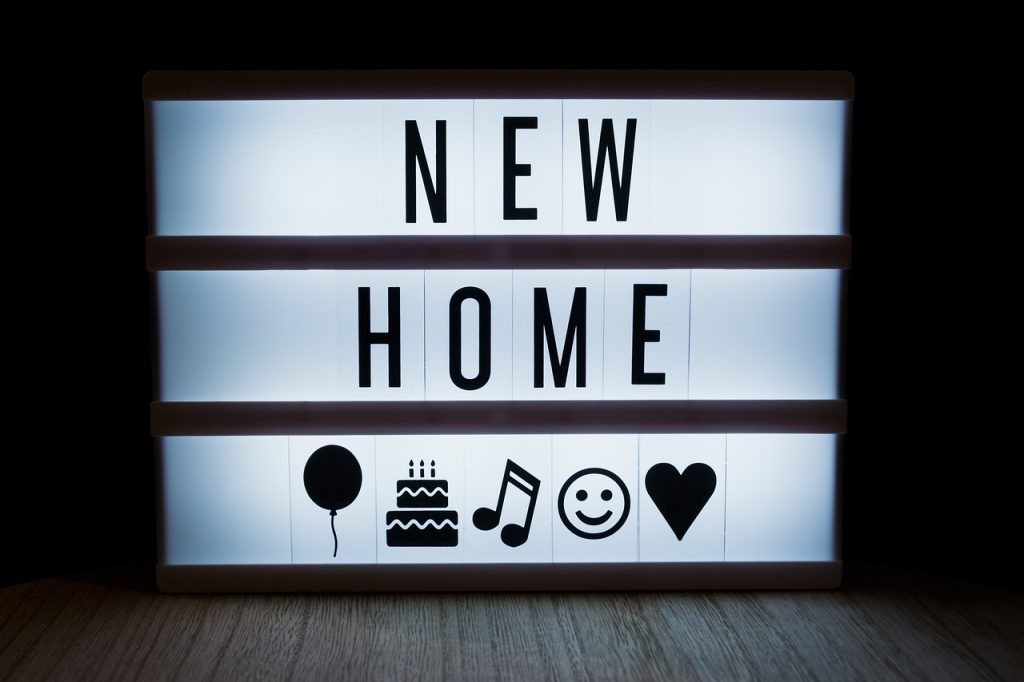Brits have a strong desire to own their own home. Perhaps it’s an unfair rentals market or a desire to be masters of at least a small part of our own destiny.
Either way, many of us have a strong desire to own our own home.
But just how do you go about it? What’s involved? How much money will you need?
Buying your first home is a huge subject and this is the first of many posts I’ll be writing on the subject. With that in mind, this will be high level.
I’ll outline the basic steps you need to take and what you’ll need to prepare for. I’ll cover each step in more detail in future posts.
Steps to buying your first home
There are some basic steps everyone needs to take to be able to buy your first home.
- Save for a deposit
- Build your credit score
- Get a mortgage in principle
- Find a home
- Make an offer
- Secure the mortgage
Those are the basic steps involved in buying a home. There are others of course but most will be taken care of by your conveyancer (lawyer).
Save for a deposit
You’ll need a cash deposit for a house purchase. A mortgage will cover up to 90% LTV (Load To Value) but you’ll need to pay the rest. You used to be able to get 100% mortgages but they are now a thing of the past.
Loan to value means the percentage of the purchase price that will be mortgaged.
For example, if you have a £30,000 deposit for a £300,000 house, you have 10% as a deposit and a 90% LTV.
You’ll need at least 10% of your maximum house budget as deposit. There are 95% mortgages around but they can be quite expensive. Avoid those if you can.
As you can imagine, it will take quite a while to save a deposit so it’s worthwhile starting as early as you can.
Consider a Lifetime ISA if you can as you’ll get quite a boost if you use it properly.
Use a mortgage calculator to figure out a maximum projected budget and plan to save a minimum of 10% of the most you could borrow.
Don’t forget to factor in buying costs and save for those too. That will include stamp duty, a survey, conveyancing, searches and other costs. That can be anything up to 10% of the cost of the property.

Build your credit score
At the same time as you’re saving for a deposit, you should also be building your credit score.
Your credit score is made up from your credit report, which records all your debts, credit cards and any borrowing you may have.
If you need to start building a credit score, the easiest way is to use a credit card. Buy groceries or essential items on your credit card and pay the card back each month. Set up a minimum payment via direct debit and you’ll begin building a score.
The higher your credit score, the lower the financial risk you are perceived to be. The lower the risk, the better the interest rate you’ll be offered when borrowing.
Get a mortgage in principle
Once you have a deposit in place and a decent credit score, it’s time to get a mortgage in principle.
You’ll want to be close to being able to buy a house as a mortgage in principle will typically only be valid for 90 days.
Most estate agents will want to see a mortgage in principle in place before they consider you a ‘qualified buyer’ or ‘proceedable’.
A qualified buyer is someone who could legitimately purchase a property they offer on, rather than someone who just enjoys looking around other people’s houses!
Many agents will only accept an offer on a property from a qualified buyer so it’s well worth having a mortgage in principle in place.
Find a home
Now the fun part, finding a house!
As you have a deposit and a mortgage in principle, you should also have an idea of your maximum budget.
Now it’s time to go house shopping.
Try to stick to your budget as much as possible when looking around. It is exceptionally easy to overspend and stretch yourself financially.
Don’t worry about ‘offers over’ or ‘offers in excess of’ type adverts. A house is worth as much as the market will pay, not as much as an estate agent may price it.
If you like a house and can demonstrate it is overpriced compared to others like it, you can offer whatever you want for it.
The seller can always refuse but an estate agent cannot refuse to put an offer forward unless the seller gives them a lower limit.
Make an offer
Once you find a house you love, it’s time to make an offer. The rules for buying a house in England and Wales are different to buying a house in Scotland.
Make the offer on the property, demonstrate you’re a qualified buyer and the rest is up to the seller.
If you’re lucky, you’ll be the only one offering on the property and can negotiate with the seller until you come to an agreement.
If you’re one of a number of people offering on the property, you may get into a bidding war or be asked for a ‘best and final offer’.
Avoid these situations if possible, although it may be impossible in some areas.
Once the offer is accepted, it’s over to the lawyers (conveyancers) to handle the details.
Get yourself a good lawyer. You don’t have to use the one the estate agent suggests. Read reviews, ask friends and family and feel free to make your own decision.
Secure the mortgage
Once the offer has been accepted, you can either accept the mortgage in principle you have or shop around for a better deal.
Even though a mortgage provider may have agreed a loan in principle, you don’t have to use that provider.
It will often be easiest to accept the offer you have but you should definitely check the market before agreeing a mortgage.
It’s a lot of money for a lot of time so you need to be sure!
Buying your first home
The home buying process can take 3 months or more depending on lots of variables. It seems like eternity but there is nothing you can do about it as everything is in the hands of the lawyers.
Once everything is ready, you’ll exchange contracts. Your lawyer will pay the deposit on the house to secure it.
Once you exchange, you’re committed. If you cancel now, you’ll lose your deposit unless it’s something to do with the house or the seller.
Many house purchases will exchange and complete at the same time. Others will exchange and then complete within a few days.
Either way, once you complete, your lawyer pays for the house and you get the keys.
Now the fun really begins!

